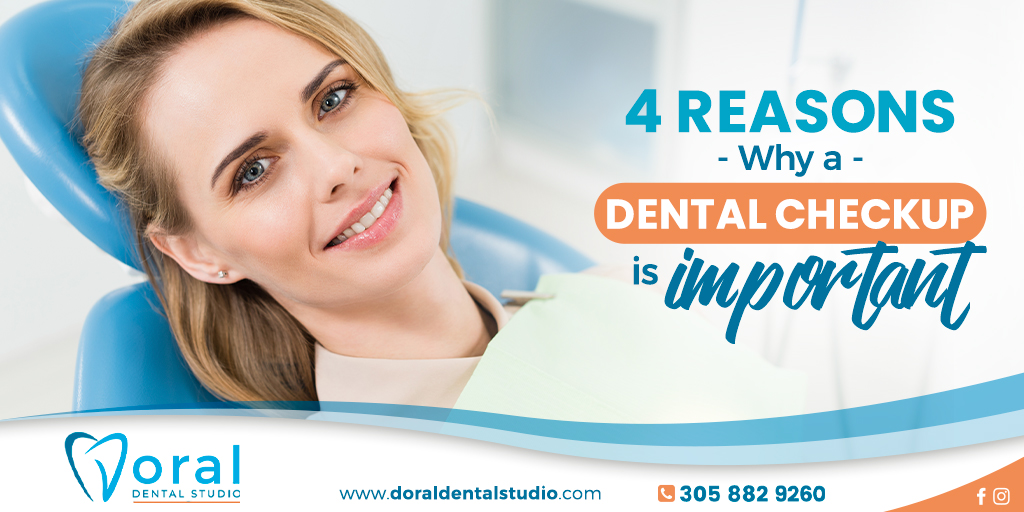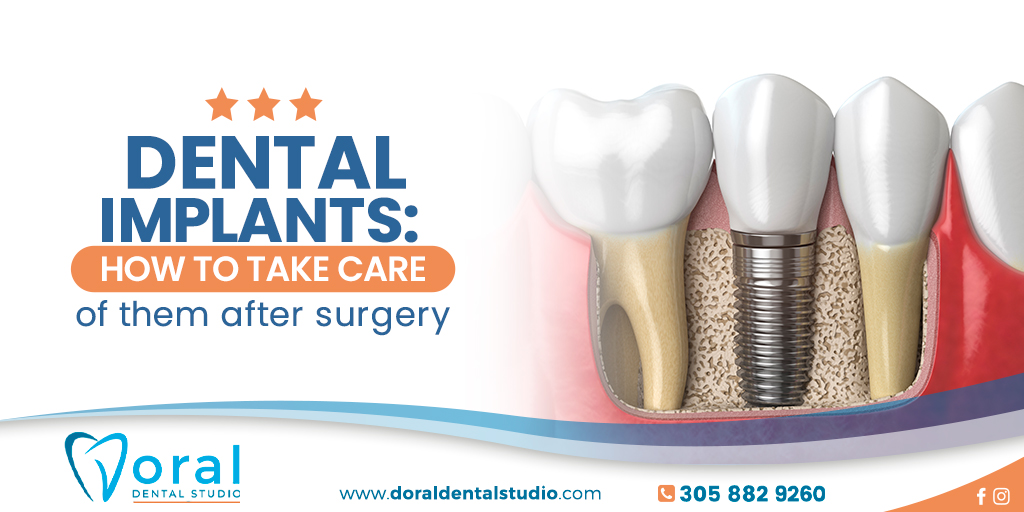The whole dental implant process can be a very long and tedious journey. This time is necessary to give the implant every chance at success. And the one thing that makes the whole process stay on time is how they are taken care of after surgery.
After surgery, the first 48 hours are the most crucial as the implant is in a more vulnerable state. Maintain a soft food diet full of vitamins and minerals, avoid brushing that area, and take all the medications that the doctor prescribed. After 24 hours, you can begin salt water rinsing.
Laying low after dental surgery is the best thing to do, allowing the body to use its energy to heal. In this post, I go over what we discuss with our patients that are thinking about implant surgery or currently going through the implant process.
How you take care of dental implants can impact how long they last for. From what you eat, and what your oral hygiene routine is like, it can make an impact on preventing implant failure.
Dental implants are an expensive investment and worth every penny, in my opinion. Having them function properly and last for as long as possible is the ideal outcome.
It’s important to be fully aware of the entire process, risks involved and how to maintain them so hopefully there are no surprises!
How to take care of dental implants after surgery
The biggest threat to dental implants is bacteria. Some bacteria are good, but if there are too many and the wrong type, it can lead to infection and implant failure.
I don’t want to scare you or be forceful, however, it’s really important to follow all the instructions that were given to you by your doctor/dental professional.
You don’t want anything coming in contact with the surgery site for at least 24 hours. Just leave it alone.
It’s normal to experience some swelling, discomfort and light bleeding in the first 24-48 hours. But if you are concerned, give your dental professional a call.
An ice pack will become your best friend. You will want to use it as much as you can to try and reduce the swelling. Wrap the ice back in a cloth to protect your skin, and you will want to hold it against your cheek/jaw for about 20-30 minutes, and then take it off for the same amount of time. Keep repeating that process for the first few days. Swelling usually peaks at day 2-3.
You will want to begin doing salt water rinses after the first 24 hours. The salt water rinses will cleanse the mouth and kill some bacteria. Take a mouthful of the salt water mixture, and you can just tilt your head slowly from side to side. It’s important not to vigorously swish it around your mouth.
Swishing vigorously can disrupt the surgery site and healing. Be gentle and easy on the surgery site.
Your doctor will have given you some gauze to take home with you. And you probably left the dental office biting down on some. If there is mild bleeding, you will want to replace the gauze. Make sure the gauze is damp, this is crucial. If you don’t dampen the gauze, it will likely adhere to the tissues and could disrupt the blood clotting, and cause more bleeding.
Taking the medication that the doctor prescribed, including recommended pain relievers, will help with recovery. It will also prevent discomfort and infections. It’s very important to use the medications exactly as intended and instructed.
What not to do after implant surgery
If you can think back to when you had your wisdom teeth extracted, or any other tooth that was taken out, the what-not-to-do list is pretty much the same.
You want to avoid any strenuous activity that will get your blood flowing faster or anything that could hit your face. This could dislodge any blood clot that is forming around the implant to help it heal and integrate into the bone. The blood clot contains vital cells that will help the implant surgery become successful.
Other activities that can cause disruptions are smoking, spitting, and drinking through a straw. The sucking and forceful motion, when doing these things, can suck the blood clot out.
Avoid all of these activities for the first 24-48 hours after the implant is placed.
What to eat after dental implant surgery
For the first 24 hours after dental implant surgery, you will want to have a liquid diet. Soup, smoothies (eaten with a spoon, not a straw), and yogurt are some examples of good foods to eat.
Smoothie bowls are a great food to have because the combinations are endless, the fruit adds vitamins and minerals, and protein powder can be added to them to make them more filling. The only thing I suggest to avoid in the smoothies are fruits with seeds. Even if you have a powerful blender, it may not be able to break up all the seeds.
The seeds can get stuck in the surgery site and cause delayed healing and even infection.
Foods to avoid: hot, spicy, hard, crunchy, acidic foods, coffee, tea, and alcohol. All of these foods can disrupt the surgery site and delay healing.
How long will recovery take
Recovery time can look different for everyone. Medications, overall health, age, and home oral care can all impact the recovery time.
After the implant surgery is done, the average time for healing before the implant crown can go on is around 3 months. But, often it can go beyond that.
Before the implant crown is put on, a torque test will be done. This test is to determine how stable the implant is and how tight the bone is integrated around the implant.
You don’t want to rush putting the implant crown on because,
if the implant isn’t fully stable, adding the pressure from eating and clenching the teeth together, can cause the implant to fail.
How to clean dental implants during and after recovery
First 24-48 hours
Like mentioned at the beginning of this post, you don’t want to go near the surgery site for at least the first 24 hours. After that, you can introduce the warm salt water rinses.
If there is light bleeding or oozing, you can bite down on some damp gauze for about 30-60 minutes.
48-72 hours
Continue with the salt water rinses. You can start to use an extra soft toothbrush with warm water around the area to clear away bacteria and food debris. A toothbrush made for babies is the best option because the toothbrush head is very small, and the bristles are extremely soft. You don’t need to use any toothpaste around the area, as it can irritate the delicate tissues.
After a few days
Keep up with the warm salt water rinses for at least a week after the implant surgery. You can start to clean the area more with the toothbrush and incorporate other oral hygiene tools. Keep avoiding hard and crunchy foods around the surgery area.
After the implant crown is placed
After the implant crown is placed, keeping consistent with oral hygiene will be needed to prevent gingivitis and gum disease. You will need to floss around the implant and make sure the amount of bacteria and food debris is reduced.
Can dental implants fail and how can you tell
Dental implants need to be taken care of like normal teeth, to prevent gum disease that can occur around them, which can contribute to them failing.
When there is chronic inflammation around the implants, both the gum and bone can start receding. Because the bone is in direct contact with the implant, it leaves in more susceptible to gum disease. In a natural tooth, there are a lot of connective tissue ligaments that attach to the bone to the tooth.
If there is active gum disease around the dental implants, it is so important to have more regular dental hygiene cleanings.
Signs of a failing implant can be difficulty eating on it, pain, loose feeling, receding/inflamed gums, and swelling around the implant site area.
Other causes of implants failing can be due to excess cement around the crown, too much force being applied to the implant and poor oral care, to name a few. If you are worried about the health of your dental implant, you should consult with your dental professional for an exam.




